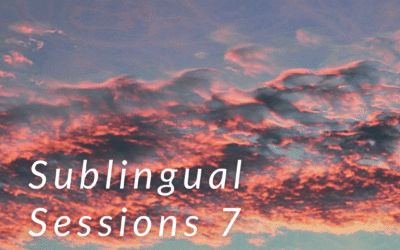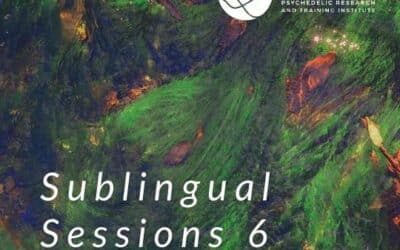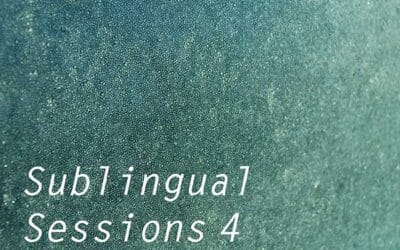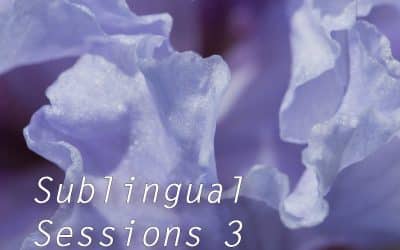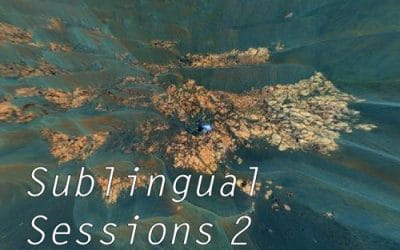Music
Music plays a central role in psychedelic-assisted psychotherapy, guiding the client-journeyer through an intrapsychic space populated by feelings and memories, insights and visions, archetypes and symbols.

Music and psychedelics dance in the same deep cosmos of consciousness. Taken individually, each has the potential to elicit experiences of emotional catharsis and spiritual transcendence, granting access to expanded awareness and ecstatic states beyond the bounds of Self and ego. When experienced in conjunction, a profound synergy often arises. Music bypasses the linear brain, providing a structure and energetic container that guides and amplifies the “mind-manifesting” power of a psychedelic trip.
Recent research suggests that music can be a key factor in maximizing therapeutic benefits for patients undergoing a psychedelic session. This appears especially true when the music facilitates a mystical experience—a state of consciousness characterized by a profound sense of oneness, interconnectedness, and ineffability. Several studies have found associations between the occurrence of a mystical experience during psychedelic therapy and improved clinical outcomes, such as relief from addiction and end-of-life distress.
Learn More: “Melodies of the Great Mystery: Exploring the Role of Music in Psychedelic Therapy”
PRATI believes that thoughtful attention to the qualities of music used in a psychedelic therapy session—including the styles, sequencing, and selection of songs—is essential for catalyzing transformative states that can promote deep healing
PRATI Playlists on Spotify
To support our community of practitioners, PRATI hosts a Spotify account (PRATI Music) featuring a variety of playlists for ketamine-assisted psychotherapy that follow our musical philosophy and aesthetic for eliciting transformative sessions.
Featured Playlists
Tips for creating psychedelic therapy playlists:
- Playlists take people on a journey through their interior world. As a life’s journey contains a totality of experiences, so should the music reflect this reality.
- Choose evocative music that fosters emotional openness, exploring a range of feelings and states of being — from ecstatic to melancholic.
- Tracklists should vary in content with a mixture of light and dark, fast and slow, activating and soothing.
- Pay attention to the “arc” of your playlist, matching the intensity and emotional qualities of the tracks with the onset, peak, and descent phases of a typical psychedelic medicine experience.
- Reduce prior associations by selecting music that may be unfamiliar to your client. Musical novelty creates space for insights and fresh perspectives to arise.
- Check in with your client about any strong aversions or preferences for particular musical styles prior to a session. Have a diversity of playlists on hand to suit individual tastes and therapeutic goals.
- Avoid music with recognizable words or vocals, as these can pull a journeyer out of their experience.
- Test drive! Share playlists with colleagues for feedback and listen to them yourself in a journeying mindset before bringing them into a client session.

